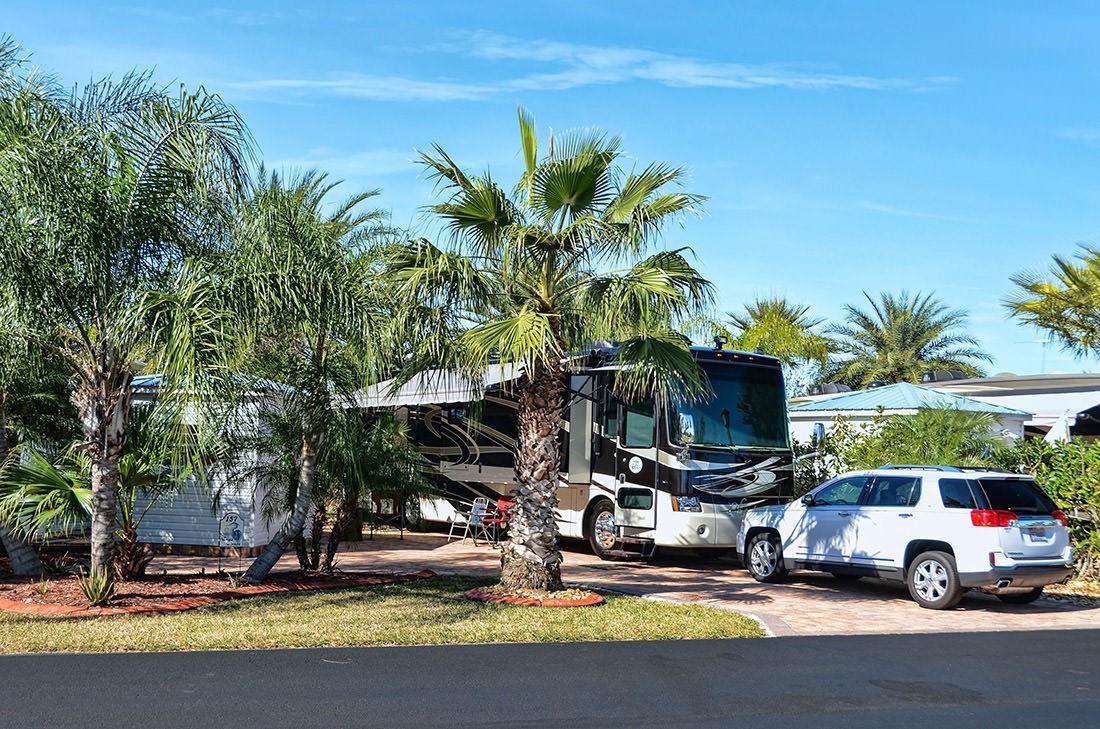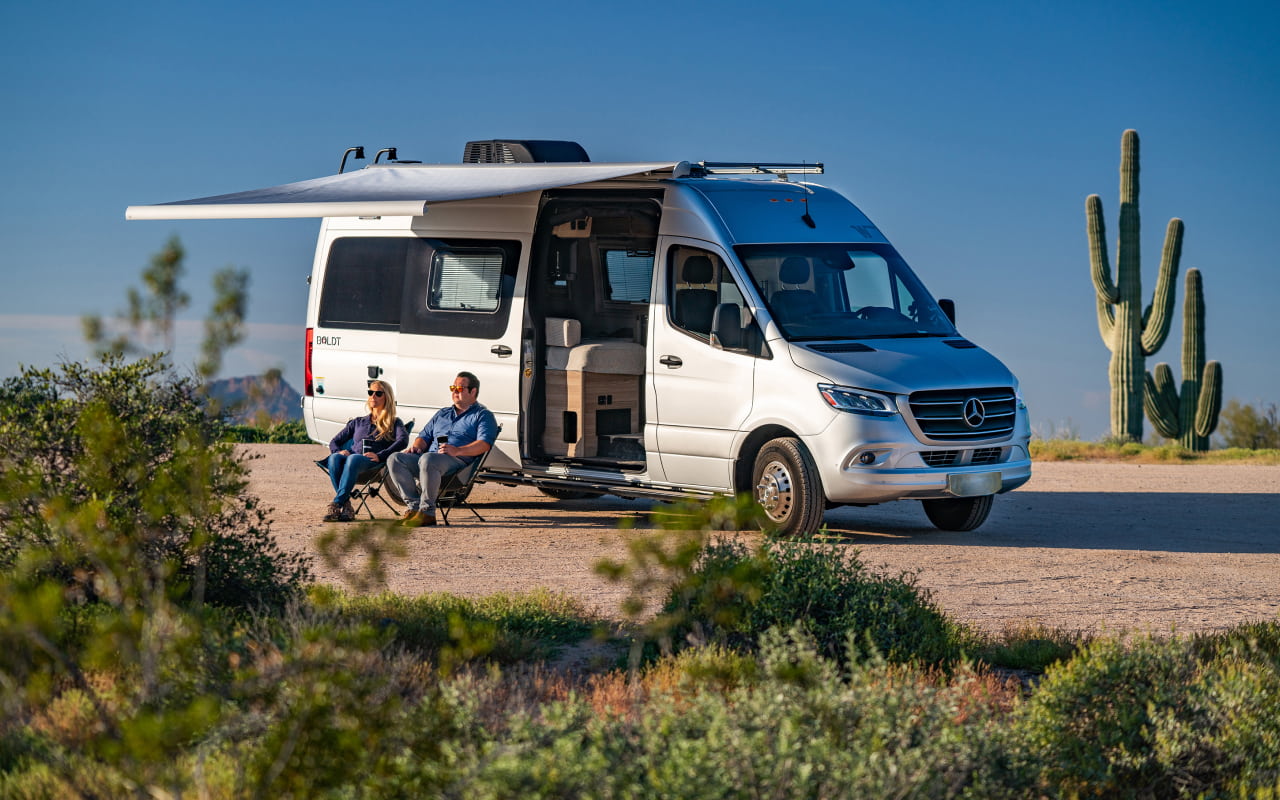
“It caught on fire. Well that’s bad. It burned the water hose, which put out the fire. Oh, that’s good. Then the engine overheats. Oh, that’s bad. And so does the transmission.” — Gary Smotherman
Gary and Betty Smotherman, of Mt. Juliet, Tennessee, shared their encounter with a rodent who chose to build a nest on top of their RV’s engine block while camping during the winter months in Wyoming.
The Smothermans were making a grocery trip in the Big Horn National Forest near Cotee, Wyoming They were headed back up the mountain to their campsite when, “all of a sudden the panel lights up. SHUT ENGINE DOWN,” Gary says. “The transmission lights up. OVER TEMP.”
So the Smothermans limped their RV back up the mountain another two miles before they could safely pull over. They said they were lucky to find a mechanic in Dayton, WY. And, after driving their jeep to get the necessary parts, the mechanic was able to make the repairs.
Later that evening, the couple was back at their campground reviewing all the fire damage when the culprit/stowaway finally showed itself. Betty screamed, “There’s a rat!” It had started to rebuild its nest back on top of the engine block.
“The next morning, we raised it.” Gary said. “He’s sitting right back on the engine generator.”
The Smothermans admitted they were lucky the rat never chewed through any wires or something that was hard to get to for repairs. However, they did use some rodent repellant and never saw their intruder again.
Although what happened to the Smothermans is not the norm for most RVers, according to the Florida Fish and Wildlife Commission, it is possible for rodents and other wildlife to look for warm places to live during winter months, including RVs. Some RVers suggest tips like placing old soup cans over the tailpipe to keep rodents out. Others suggest using mothballs inside the cargo bay and engine area after reaching the campground.
Here are three main tips from the Florida Fish and Wildlife Commission that may help keep uninvited rodents, reptiles and other critters from joining your RV travel experience.
- Feeding wildlife accustoms them to humans, so avoid giving out food.
- Making simple accommodations will often solve the problem of marauding raccoons and other critters. Remove the free meal attractant by feeding pets indoors and fastening trashcan lids with rubber straps.
- Cover possible entryways with hardware or cloth to exclude squirrels, bats and other animals scouting out your motor home for a safe place to raise young.
The next time you hit the road with your RV, remember to take some precautions to keep out uninvited tag-alongs. Also, when you are camping in the wild, remember that you are now sharing their homes.
Source: Joseph Garnett, Jr.
Images courtesy of Florida Fish and Wildlife Conservation Commission



